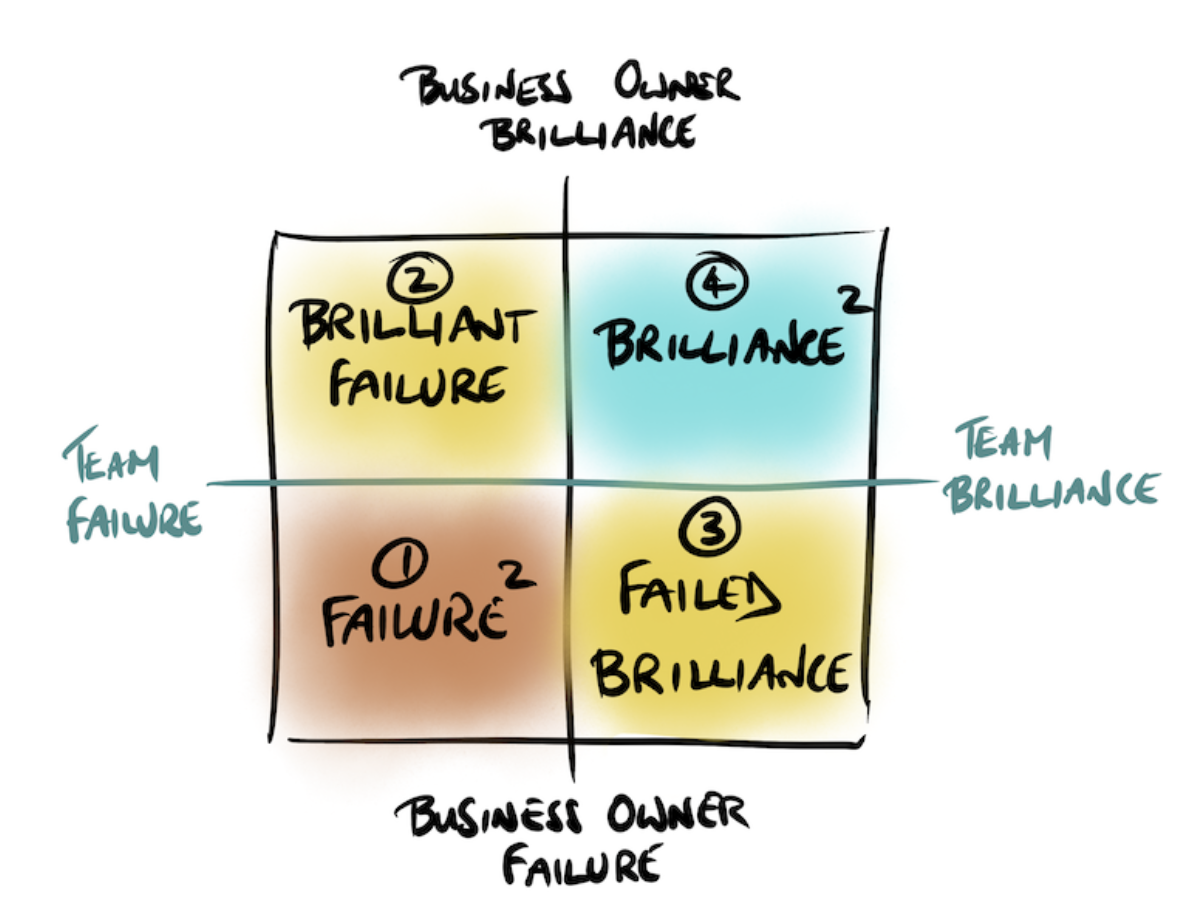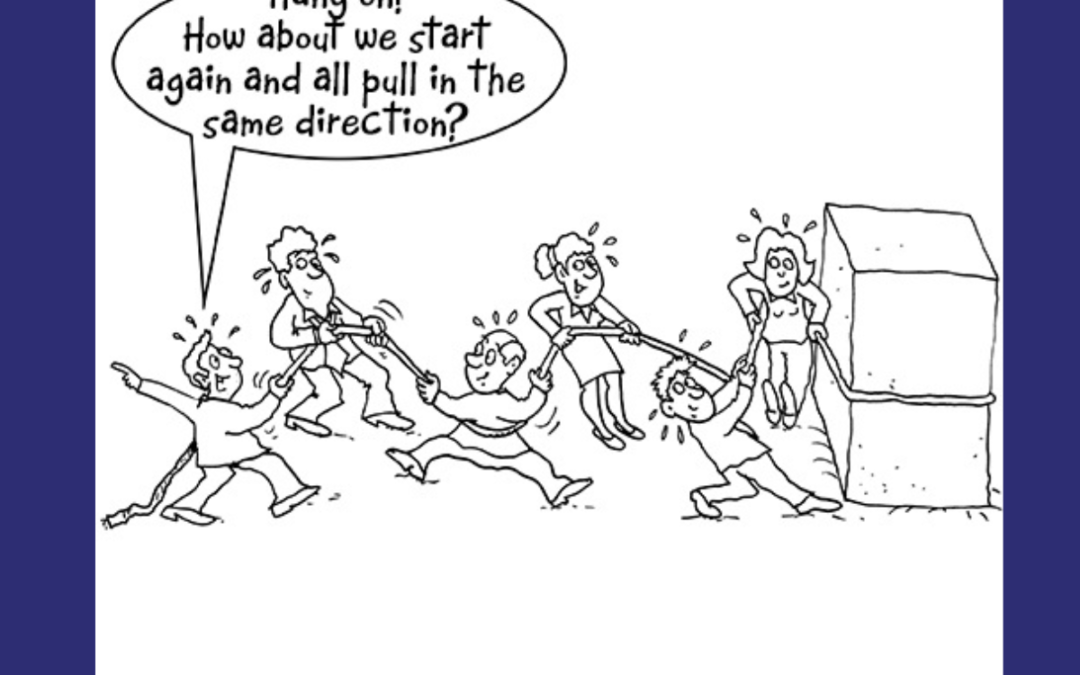
#12 – The Importance of Values And Purpose
In previous podcasts, we’ve talked about the importance of having a clear purpose. But today, I want to touch on values. What are values in a business context? Values are the principles and standards that influence the way we operate and make decisions. They are the things that we cherish the most, guiding everything that happens within our businesses.
We feel really aligned when our actions are consistent with our values, making us feel in a state of flow and energized. Conversely, when we have to do things that are at odds with our values, it feels very discombobulating. Many people won’t even engage in activities that conflict with their values, and I completely agree with that stance.
A Personal Story from Arthur Andersen
To illustrate the importance of values, I want to share a story. Some of you might know that I used to work at Arthur Andersen, which, at the time, was one of the top five accountancy firms in the world. Alongside KPMG, EY, PwC, and Deloitte, Arthur Andersen had a great purpose and a set of values that guided its operations. However, the company ended up imploding and collapsing within a nine-month period while I was working there.
Based on the philosophy of its founder, Arthur E. Andersen, the firm’s founding premise was “one firm, one voice,” and the business was structured to reflect that. The company had ten core values, predominantly displayed around the office:
- Client service: delivering value without compromise.
- Hard work: being responsive and timely.
- One firm concept: being independent but working towards a common objective.
- Recruiting quality people: they were the first major firm to do campus recruiting.
- Training and development: they invested heavily in professional leadership development.
- Meritocracy: rewarding people based on their own merits.
- Integrity: objectivity in all actions without fear or favor.
- Esprit de corps: pride in the organization.
- Professional leadership: aiming to be an acknowledged leader throughout history.
- Stewardship: making long-term decisions to benefit the firm.
Underpinning these values was the principle that the firm should always be truly independent, putting the needs of the stakeholders before those of its clients. The founder, Arthur E. Andersen, was well-known for refusing client demands that could jeopardize the firm’s reputation, thus exemplifying integrity.
The Fall of Arthur Andersen
Living and working through the demise of Arthur Andersen was an interesting time for me because the company’s main drivers, imbued by Arthur E. Andersen, started to shift over time. As audit services became more commoditized in the 1970s, the firm ventured into consulting to supplement its revenue. However, the consulting business had very different drivers and values compared to the original firm. This misalignment ultimately resulted in the acrimonious splitting of Andersen Consulting (now Accenture) in 2000.
Despite the split, Arthur Andersen appreciated the value of offering clients a one-stop shop for professional services and created its own internal business consulting division. But the dynamics within that division led to selling at any cost, which undermined the firm’s core values, particularly stewardship and integrity, in favor of short-term gains.
The firm’s crushing blow came when it was working for a client, Enron, and acceded to Enron’s request to restate their accounts. This undermined Arthur Andersen’s core values and led to the SEC revoking the firm’s license to provide accountancy work in the USA. Although the firm was acquitted of wrongdoing in 2005, it had already imploded by that time. Clients lost trust and left the firm, leading to its ultimate closure in August 2002.
Lessons for Business Leaders Today
My story from Arthur Andersen serves as a poignant example of how leadership values can go awry and how a company can implode when it doesn’t stay true to its values. This example highlights a critical challenge for today’s business leaders: how to ensure that everyone stays aligned and operates from the same values as businesses become more global.
Show Notes:
Here are the highlights from this episode:

Julia Felton (aka The Business Wrangler) is the founder of Business HorsePower. Business leaders, entrepreneurs and executives hire her to accelerate their business performance by harnessing the energy of their people to work more collaboratively together. By aligning purpose with actions the team achieves exponential results as everyone starts pulling in the same direction.
Julia believes that business is a force for good and through designing purpose-driven businesses that leverage the laws of nature, and the herd, you can create businesses founded on the principles of connection, collaboration and community that make a significant impact in the world.
















